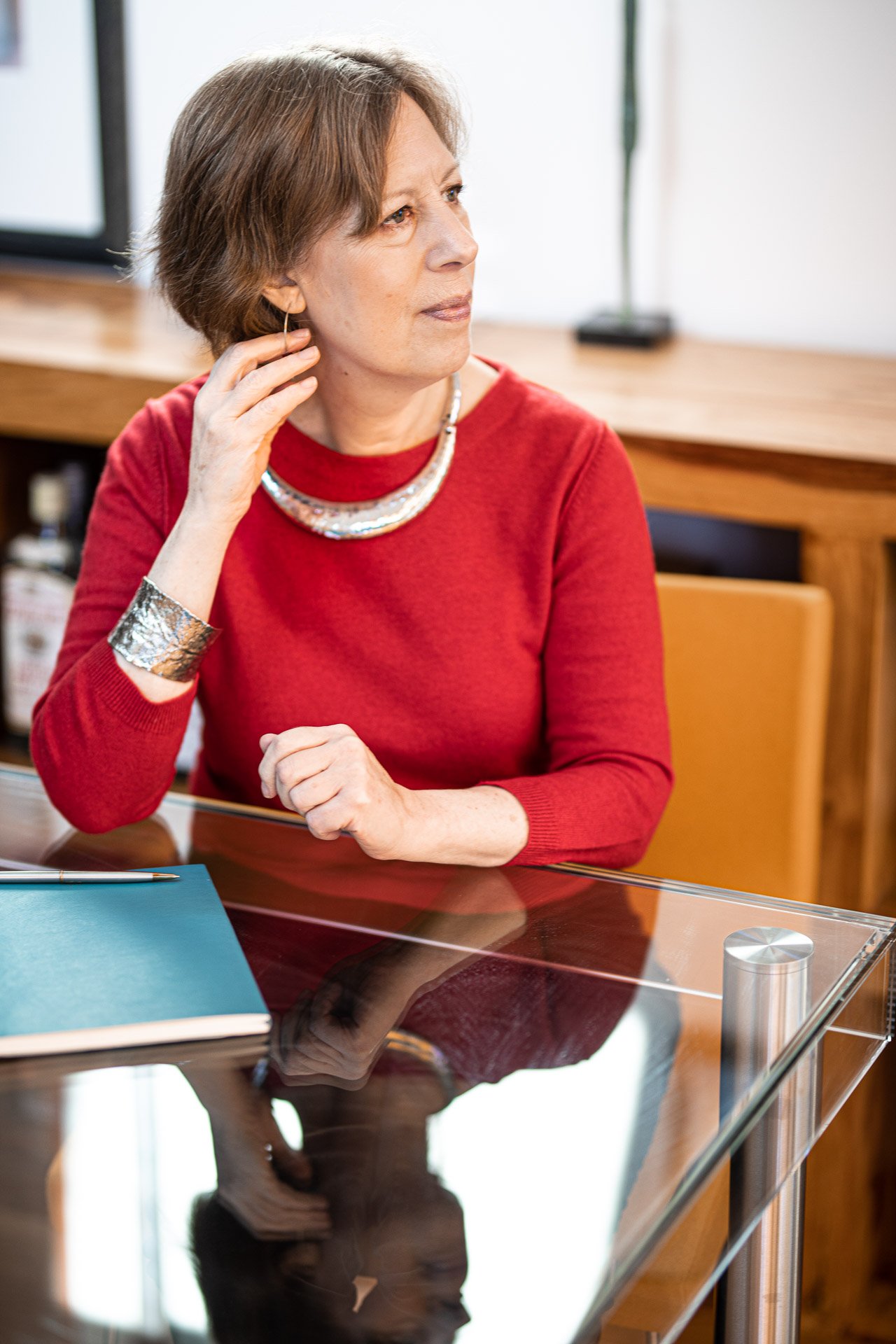Why this book?
Photo by Donna Ford
My experiences as an employee set the seeds for the book. I had some great times and some utterly miserable times at work. When, at the beginning of my career, I worked in a further education college and then in staff training, I loved the camaraderie with colleagues and seeing students and staff develop. Working for a national awarding body, I thoroughly enjoyed collaborating with people throughout the education and training sector to design new, progressive, qualifications.
But when I became a leader, things changed. I had no training or support. I was managed by the company bully. We relocated and restructured, losing almost all our staff. The stress was unbearable.
The contrast between the good and bad times, and my experience of how distressing as well as stressful work can be, left an indelible mark on me.
I set up as a freelance consultant. I designed national occupational standards and qualifications, ran training courses, and worked on education reform programmes in Eastern Europe. After some years, I realised that I wanted to work at a much deeper level with organisations. I didn’t know what that would look like but when I came across a master’s degree at the Tavistock Clinic in London: Consultation and the Organisation: Psychoanalytic Approaches, I was excited. The master’s changed my thinking and my work. I discovered concepts that made sense of my experiences all those years before.
The master’s also propelled me, or gave me the permission I needed, to go into psychoanalysis. It was transformational.
Early on in my psychoanalysis, I wrote poems. I’d take them to sessions and read them to my analyst. At a particularly difficult time, when I felt I was drowning in emotional turmoil, my analyst said one word: ‘write.’
The poems were a route to my unconscious. They poured out of me seemingly of their own accord. As soon as I could listen to and articulate feelings and thoughts previously buried, they dried up. I missed them. But although the period of intensive writing was short, it awakened something in me. Or re-awakened something in me. I’d always loved reading. As a child I wrote stories and I studied English literature at University.
Psychoanalysis is based on talking – on words – so for me has a natural connection with writing. And writing requires digging deep into yourself, so has a natural connection with psychoanalysis.
In psychoanalysis I grew into myself: parts of me that were suppressed came to light and flourished; the balance of my personality altered. I also grew into my work, developing my own style whilst staying true to the principles of consultancy using a psychoanalytic approach.
ALL THAT WE ARE combines my experiences as an employee, my work as a consultant, my own history and development and my way of thinking. It’s a measure of my freedom – in myself and my work. I wouldn’t have dared express or expose either so clearly before. I had to learn the skills, find my voice, and grow into the style of writing. It took years, and I couldn’t have done it without support and help, not least from my fantastic agent and editor. It is now the book I wanted to write. I hope it has an intimacy with readers that reflects the emotional presence I try to bring to my work, to myself, and to my life.
